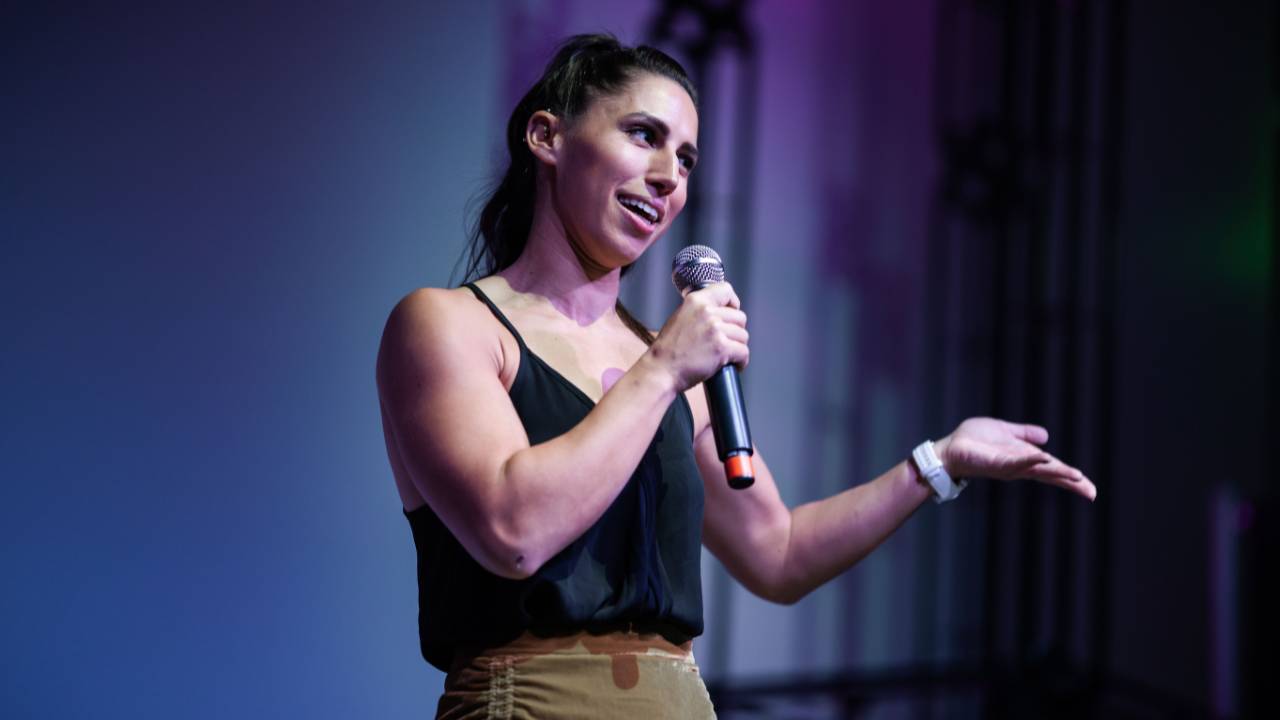Learning to Love the Body You're In Right Now

I used to stand in front of the mirror and think, "I should look better by now. I used to be so much stronger." Sound familiar? If you've ever caught yourself in this mental loop, you're not alone.
Here's the hard truth I've learned: If you can't love the body you're in right now, you won't magically love the body you're chasing either.
I know this might sound surprising coming from someone who's competed on American Ninja Warrior six times, but I've struggled with body image my entire life. In school, kids called me "manly" and made fun of my muscles. I wore baggy clothes to hide my body because I was terrified of being "too much." Even now, I sometimes catch myself wondering if I look too masculine or intimidating.
The difference today? I have those thoughts, but I don't live there anymore. I catch them, reframe them, and shift to kindness instead of critique.
The Only Body That Matters
The truth is, the only body you have is the one you're in right now. Not five years ago, n...
The Day I Stopped Waiting for Permission and Started Going First

When's the last time you did something for the first time? Something that made your hands shake, your heart pound, and that little voice in your head whisper, "Could I really pull this off?"
I used to think I needed certainty before I could take bold action. I thought I needed a five-year plan, complete confidence, and a guarantee of success. But here's what I've learned after helping thousands of people achieve their first pull-up and watching them transform their entire lives in the process: going first isn't about being fearless—it's about being tired of waiting.
The Pull-Up That Changed Everything
I remember the first woman who walked into my gym, arms crossed, staring up at the pull-up bar like it was Mount Everest. "I've never done this before," she said. "I was told this wasn't for me." Sound familiar?
What happened next wasn't magic—it was methodical. We started with just hanging. Then a slight bend in the elbow. Progress, setback, progress again. The classic roller coas...
Stop Going from Zero to Perfect: Why Small Steps Are Your Secret Weapon

I was sitting at my desk this week, trying to figure out why I felt so stuck. I'd been working hard, showing up, pushing through—but I still felt like I was running in place. Maybe you know that feeling?
Then it hit me like a ton of bricks: I'd been making everything WAY too big in my head.
Every goal, every emotion, every task—I was treating it all like I had to jump straight from where I was to pure perfection. And the second I didn't hit that impossible mark? I'd spiral, wondering why I couldn't just get my shit together.
But here's what I realized: The problem isn't that I'm not doing enough. The problem is I'm expecting myself to go from zero to a hundred.
When I first started training for Ninja Warrior, I'd look at what the top women were doing and think, "How will I ever get there?" I beat myself up for not being as fast or as strong, for not having all the answers RIGHT NOW. But the truth is, I had to break it down. I started with grip strength, then controlling my hangs...
Becoming Her: My 30-Day Journey to Becoming the Woman I Want to Be

This week, something hit me like a freight train. I was scrolling through my phone, avoiding the work I knew I needed to do, when this thought crashed into my consciousness: Angela, you've been saying the same thing for like two years now.
The same promises. The same "this is the week I'll finally break through." The same big dreams that I talk about but never actually pursue. And suddenly, I felt like the biggest fraud in the world.
My friends have been listening to me talk about these massive visions—keynote speaking, building my business, becoming this powerful leader I see in my mind. But here I was, still stuck in the same patterns, still breaking promises to myself over and over again.
You know what's terrifying about breaking a promise to yourself? It gets easier every time. One broken promise becomes two, becomes ten, becomes a way of life. And before you know it, you don't trust yourself anymore. You don't believe you're actually capable of doing hard things.
I sat with...
Comparison is Killing Your Progress!
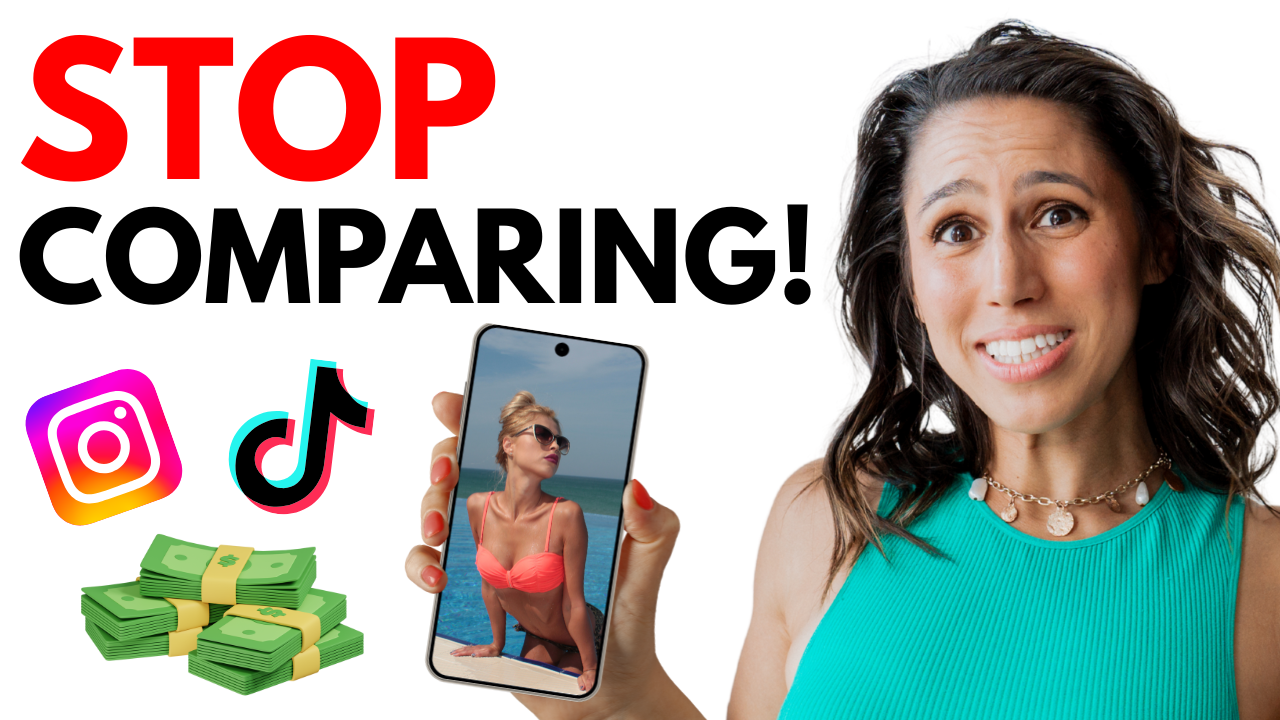
I'm going to be brutally honest with you about something that nearly destroyed my confidence as an athlete and entrepreneur.
When I first started competing on American Ninja Warrior, I would watch the top female athletes demolish every obstacle like it was child's play. Meanwhile, I was struggling, grinding, and questioning if I was even built for this. The same thing happened in gymnastics – I was never the girl who got skills on the first try. I had to break down every single movement and drill it until my body finally understood.
But here's what really hit me: I lost before I won. I had to become the person who was ready to win.
And honestly? Building my business has been even harder than any athletic challenge I've ever faced. There have been launches where I've crushed it, and launches where I've gotten my ass completely kicked. And you know what I'd do? I'd look around at other entrepreneurs who seemed to have it all figured out and wonder what the hell I was doing wrong.
...Be the First: The Moment I Stopped Waiting for Permission
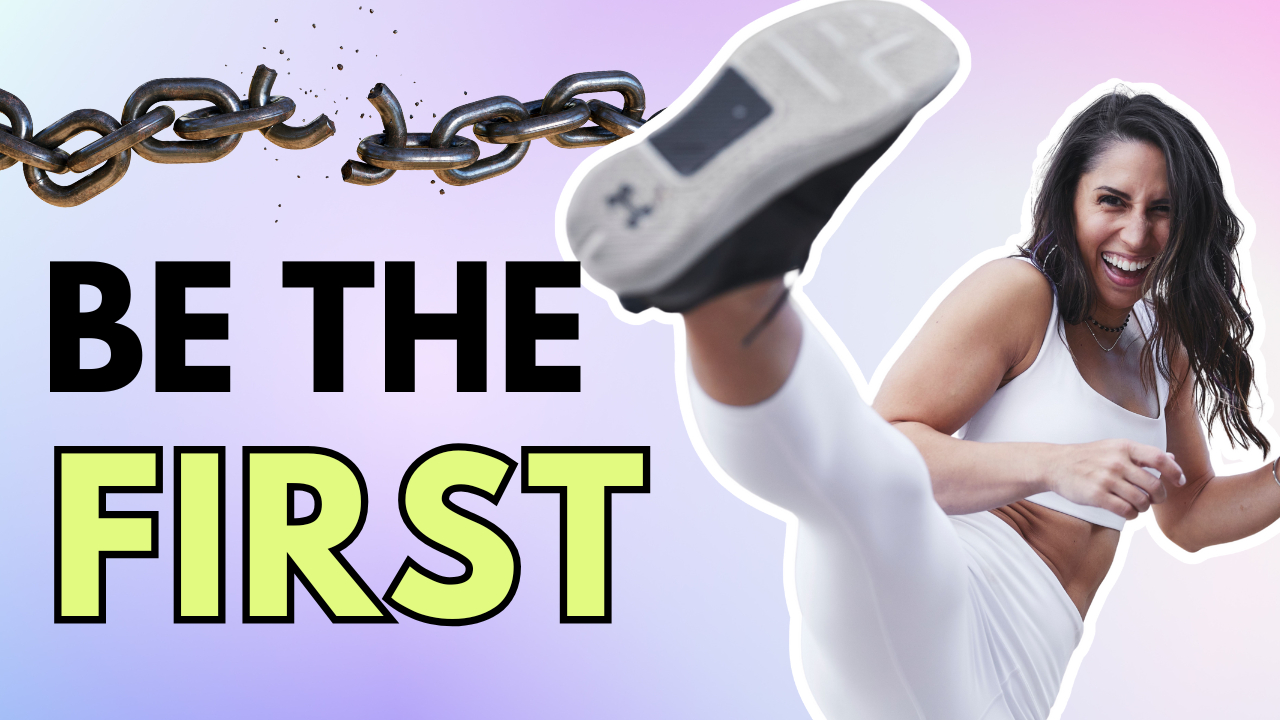
I'll never forget the sound.
That pop. That sickening, career-ending pop that echoed through the American Ninja Warrior course as my ACL tore on national television. One second I was flying through the air, unstoppable and invincible. The next, I was crumpled on the ground, staring at the ceiling lights while cameras captured every moment of what felt like my dreams dying.
But here's the thing about rock bottom—it gives you a solid foundation to build on.
Lying there in that moment, I had two choices. I could let this injury define me as the girl who got hurt on TV, or I could become something else entirely. I could be the first person I knew to come back stronger than before.
I chose to be the first.
What Does It Really Mean to Be First?
Being first isn't about winning some competition or beating other people to the finish line. It's about being the first person in your own mind to believe something impossible is actually possible.
It's being the first in your family to star...
Why I Had to Stop Forcing Success to Actually Achieve It
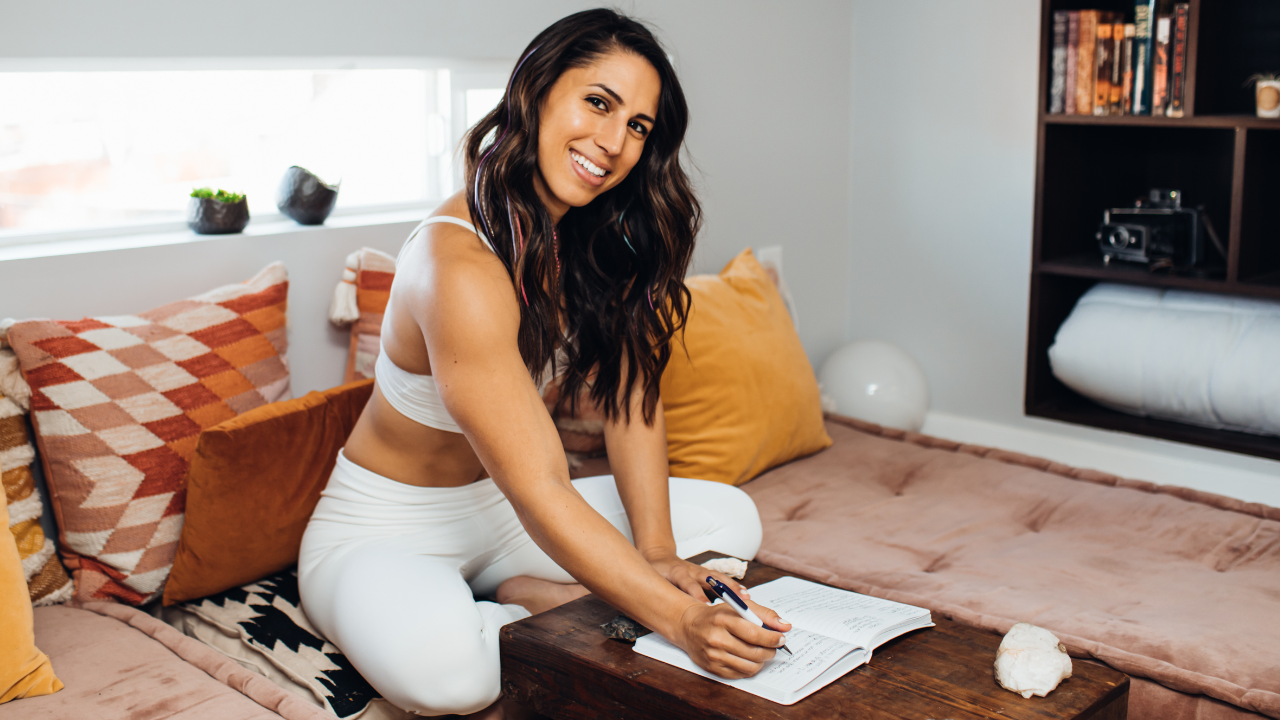
A few weeks ago, multiple women approached me saying the same thing: "Angela, you look different. You look... lighter." They weren't talking about my physical appearance—they were sensing something deeper. A shift in my energy. A weight I was no longer carrying.
They were right. I had been suffocating myself with the pressure to make everything happen exactly as I envisioned it.
The Moment Everything Changed
I was launching something in my business, and I wanted it to succeed so badly. I was clinging to this idea that if I just pushed harder, forced it to happen, it would magically fall into place. But the more I forced, the more resistance I created. It felt heavy, frustrating, and honestly, it was sucking the joy out of what I was doing.
Then I made a decision that changed everything: I released my death grip on the outcome.
I started asking myself different questions:
- What if I stopped forcing things?
- What if I just allowed things to unfold?
- What if I released the press ...
The Day I Learned to Stop Rushing My Dreams
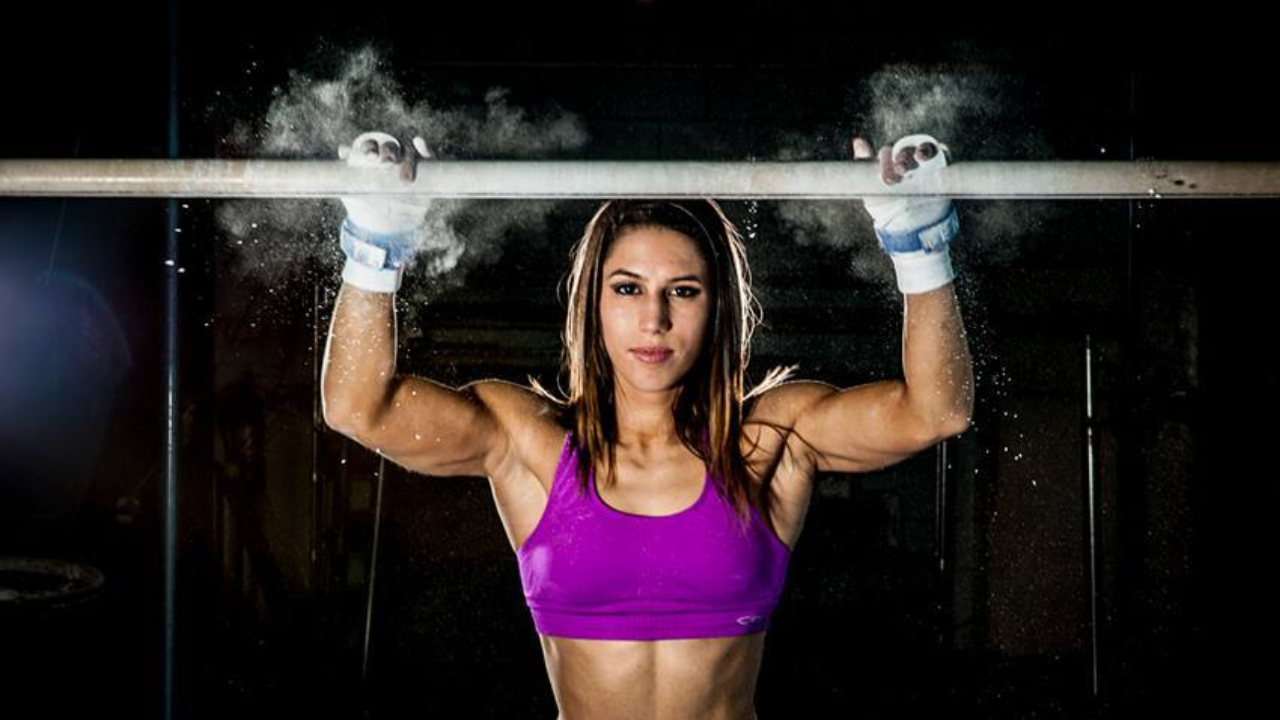
There I was, lying on the gym floor with a bloody lip, looking up at my coach Cheryl who had just caught me red-handed. "Did you just try it?" she asked, and I straight up lied. "Nope," I said, as if my bloody lip wasn't a dead giveaway that I had absolutely just attempted that back handspring she specifically told me not to try alone.
That was me in a nutshell – a fearless, persistent, obsessed-with-getting-it-right daredevil who wanted to be the best immediately. I looked at the higher level gymnasts and knew deep inside that I could do what they were doing. The problem? I wanted it all right now.
But then I met Coach Miguel, and everything changed. He looked at me one day and said, "Angela, you're going to be a star." And you know what? I believed him. He gave me confidence I didn't even know I was missing and made me feel like I belonged on that higher level team.
When I told him I wanted to learn a Tsukahara vault – a big, intimidating round-off into a backflip – I expected ...
Sometimes You Just Need Some Space
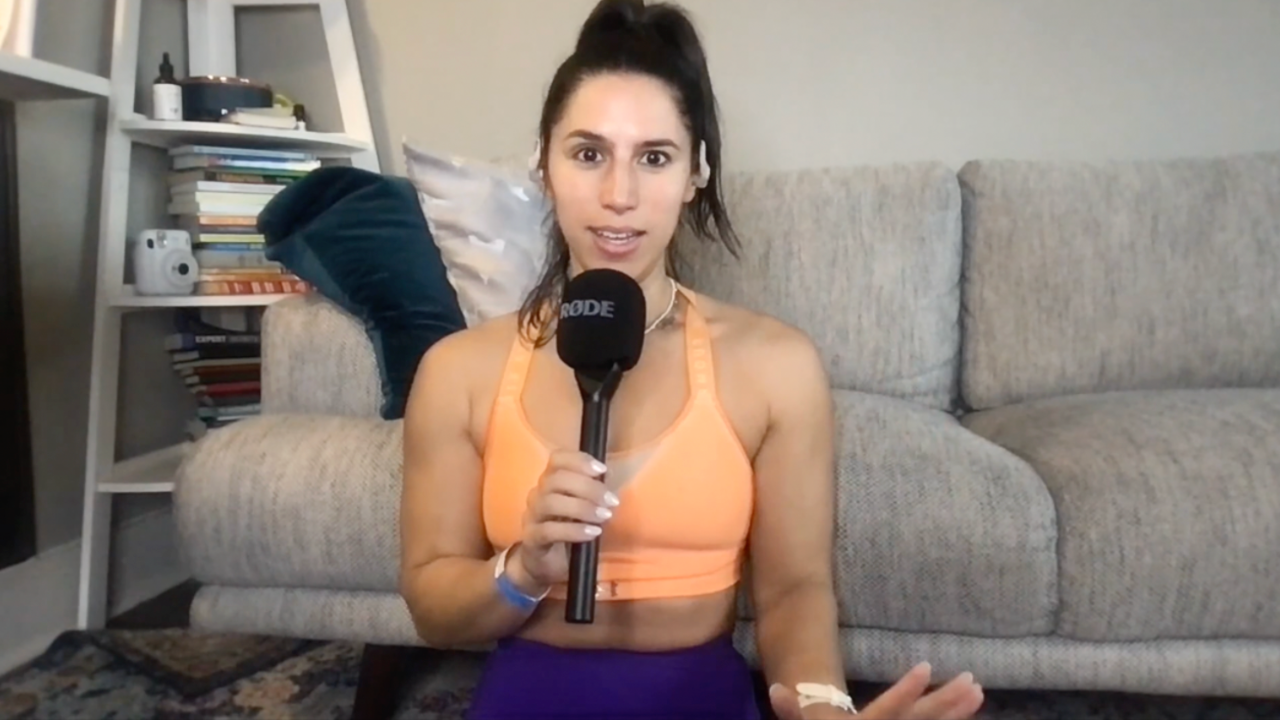
A few days ago, I literally trapped myself in my room. I had my computer, barely ate, refused to leave the house, and obsessed over trying to articulate exactly what I do and the transformations I provide. I wanted the perfect words, the perfect message, and I wanted it NOW.
The result? Nothing. No clarity, no breakthrough. Just frustration and burnout.
Then something shifted. I decided to give it some space. And that made all the difference.
Why We Force When We Should Flow
We live in a culture of go, go, go. When something isn't working, our default is to try harder. We'll stare at the screen longer, beat ourselves up for not having answers yet, and tell ourselves we can't take a break until we have it all figured out.
But here's the truth: your brain doesn't work like that.
When you force something, you activate your brain's stress response, making it harder to access creativity, problem-solving, and intuition. There's a reason why your best ideas come in the shower, on wal...
What You Aren't Changing, You're Choosing
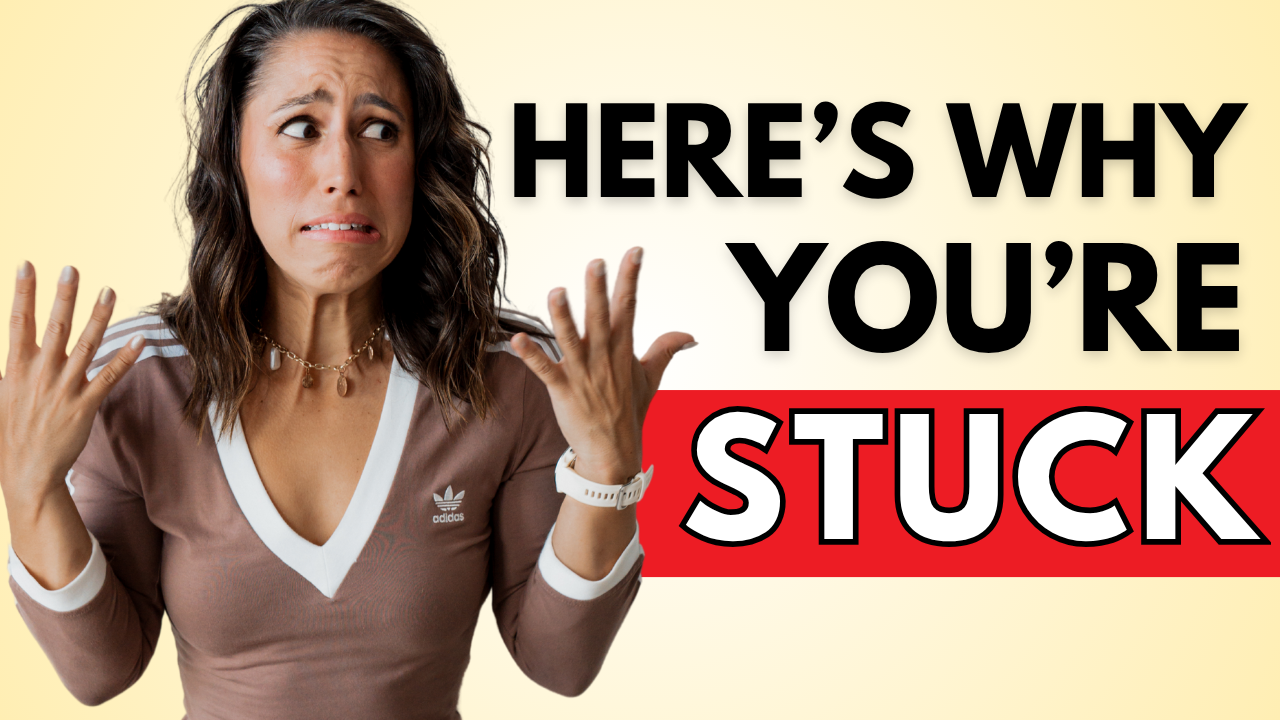
Have you ever caught yourself complaining about the same things over and over again? Your job, your fitness routine, your relationships, your overall happiness? I've been there too, and recently I had a friend call me out in the most loving way possible.
We were at a business workshop, and I was describing my dream life when she stopped me and said, "Angela, you're not doing anything that actually reflects that happening." Ouch. But she was absolutely right.
The Hard Truth About Staying Stuck
Here's what I've realized: what you aren't changing, you are choosing.
I know that might sting a little, but hear me out. Our brains and bodies love comfort. Even when something isn't working for us, we stay there because it's familiar. That toxic relationship? Familiar. That job you hate? Familiar. Your brain isn't working against you – it's trying to keep you safe, and change feels scary because it's unknown.
But here's the thing: just because something is comfortable doesn't mean it's a...

